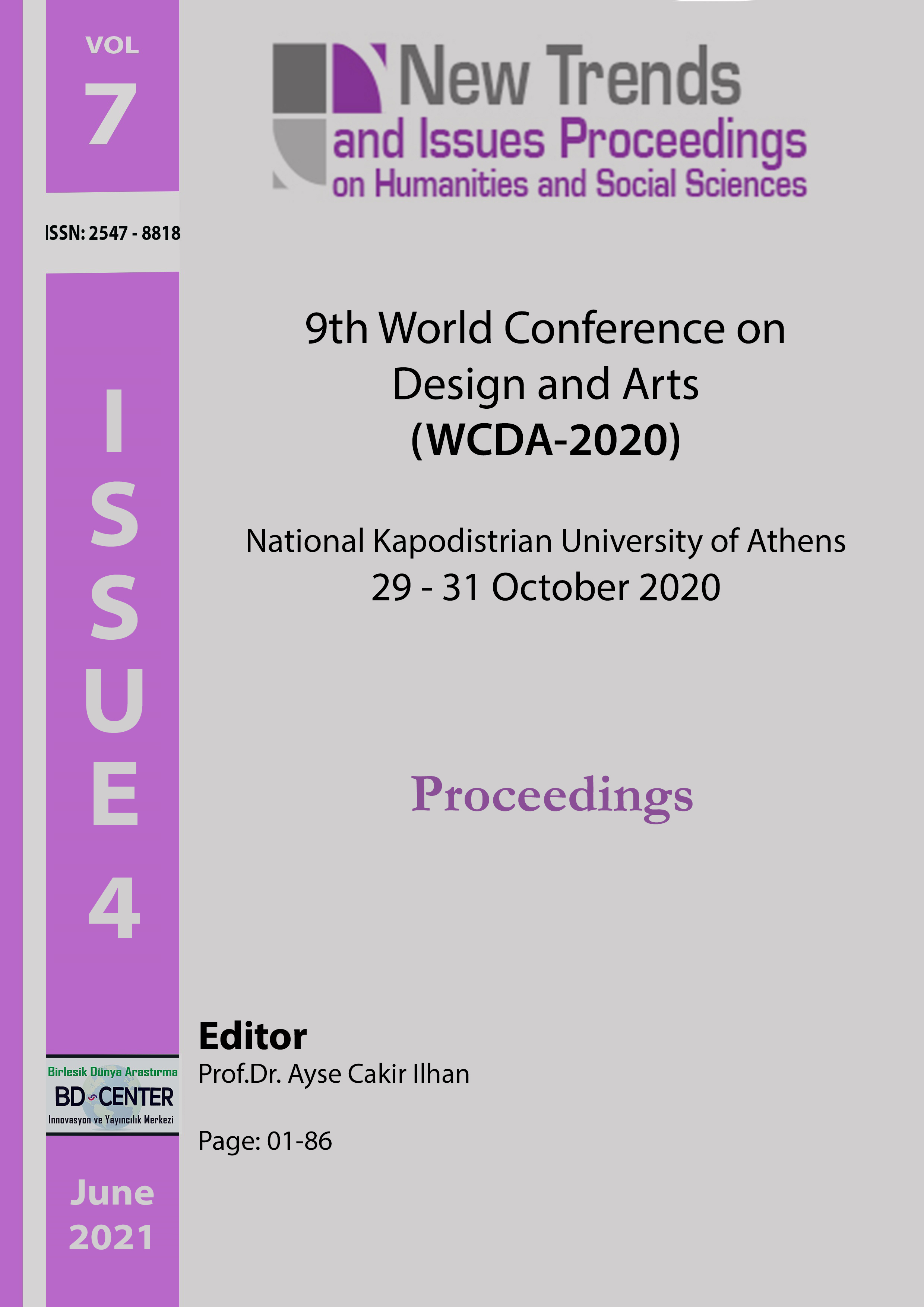The ontology of resistance between power and knowledge: A philosophical approach
Main Article Content
Abstract
The ontology of human resistance accentuates its existence through several expressive means with the most important being art, as art transforms the question of resistance into a self-practice that starts with the artists and transfers between the inside and the outside in a continuous, creative, effective mutual relationship, in order to emphasise the battle of existence conflict, ideology and epistemology within the general framework of power. This philosophic analysis is based on the hypotheses of having a multilateral factor that continues with the past legacy on one hand and interprets the present while overpassing it on the other. This is to create a state of creativity that represents the intellectual, emotional, cognitive and historical inventory while posing a situation of continuous wondering among individuals and groups. This artistic state unifies the indicators of symbolisations and makes resistance represented in a contemporary visual discourse that rejects dominance. It also accentuates the identity and transforms the theoretical intellectual question into a practised anthological act that is featured of permanent activity as a perpetual act towards liberation and reproducing self-existence.
Keywords: Art philosophy, resistance ontology, political caricature, photography.
Downloads
Article Details

This work is licensed under a Creative Commons Attribution 4.0 International License.
Authors who publish with this journal agree to the following terms:- Authors retain copyright and grant the journal right of first publication with the work simultaneously licensed under a Creative Commons Attribution License that allows others to share the work with an acknowledgement of the work's authorship and initial publication in this journal.
- Authors are able to enter into separate, additional contractual arrangements for the non-exclusive distribution of the journal's published version of the work (e.g., post it to an institutional repository or publish it in a book), with an acknowledgement of its initial publication in this journal.
- Authors are permitted and encouraged to post their work online (e.g., in institutional repositories or on their website) prior to and during the submission process, as it can lead to productive exchanges, as well as earlier and greater citation of published work (See The Effect of Open Access).
